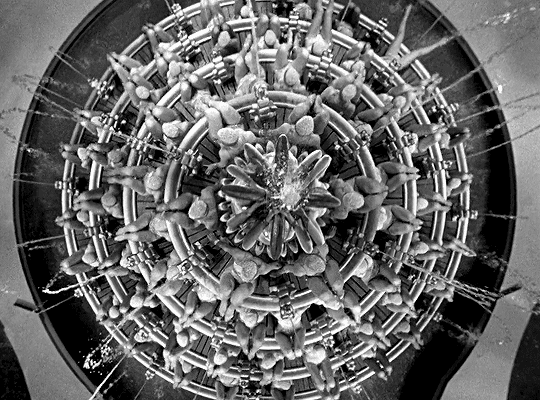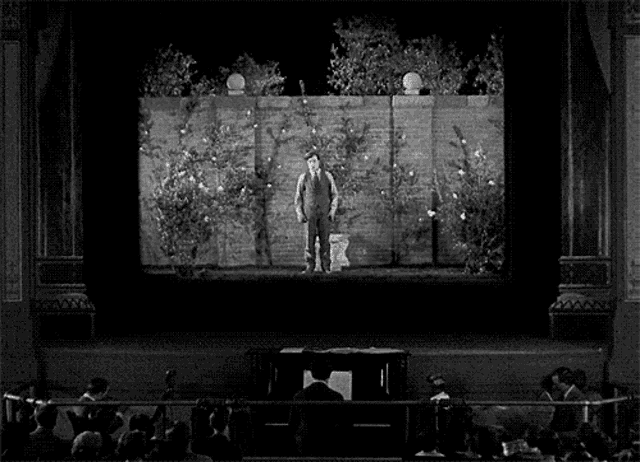Omelas Is Perfectly Misread
The Standard Reading If you've heard of Le Guin's ‘The Ones Who Walk Away from Omelas’, you probably know the basic idea. It's a go-to story for discussions of utilitarianism and its downsides. A paper calls it “the infamous objection brought up by Ursula Le Guin”. It shows up in university ‘Criticism of Utilitarianism' syllabi and is used for classroom material alongside the Trolley Problem. The story is often also more broadly read as a parable about global inequality, the comfortable rich countries built on the suffering of the poor, and our decision to not walk away from our own complicity. If you haven't read ‘Omelas’, I suggest you stop here and read it now[1]. It's a short 5-page read, and I find it beautifully written and worth reading. The rest of this post will contain spoilers. The popular reading goes something like: Omelas is a perfect city whose happiness depends on the extreme suffering of a single child. Most citizens accept this trade-off, but some can't stomach it and walk away. The Correct (?) Reading Le Guin spends well over half the story describing Omelas before the child appears. She describes the summer festival, the bright towers, the bells, the processions, the horse race. Beautiful stuff. She anticipates your scepticism, that you're expecting something dark lurking underneath. But no: "They did not use swords, or keep slaves. They were not barbarians." Then comes the first part of the story everyone seems to skip over: "The trouble is that we have a bad habit, encouraged by pedants and sophisticates, of considering happiness as something rather stupid. Only pain is intellectual, only evil interesting." This is Le Guin calling out us readers directly, that we can’t accept descriptions of unsullied happiness as real. She tries again to describe this utopia. Maybe Omelas has technology? Or maybe not? "As you like it." She's almost begging you to help her build a version of this city you’ll accept, even offering to throw in an orgy i








My understanding is that a lot of the slow progress from 1878 to the early 1900s was the “cinema tech stack” needing to become technically and economically viable.
To get good motion you need ~16 frames per second, which means each frame has to be exposed ~1/16 of a second, which in turn means you need stuff like sensitive film stock, lots of light, decent lenses. Then you need a camera that can move film in a way that is at a constant speed but also holds each frame perfectly still briefly, for a precise duration, and without any jitter/warping/etc. Then for economic viability you also need projection that’s bright and safe for... (read more)